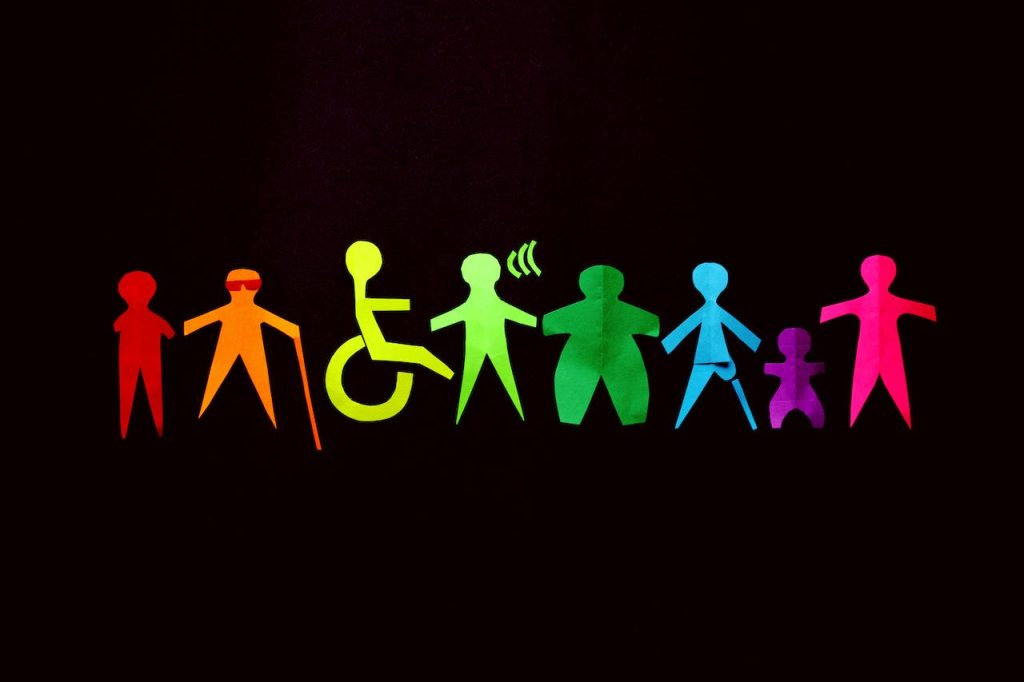Table of Contents
Is your company’s DEI strategy actually effective, or does it feel like and empty collection of good-sounding words? Here is why it actually might not be working.
Diversity, equality and inclusivity are not only relevant to people and their own wellbeing in the workplace, they are actually greatly beneficial to companies’ own productivity and overall performance.
And so it goes without saying how crucial DEI policies and initiatives are inside the workplace, and most companies are perfectly aware of this; however, problems may arise when trying to take effective action on the matter.
Here we have gathered a few tips on how to successfully implement DEI initiatives in the workplace and start taking effective action.

How to implement successful DEI initiatives
In case you missed the DEI train, here is a brief introduction on how business may apply policies and action based upon the principles of diversity, equality and inclusivity.
The bottomline of it is quite simple, how can companies make the right choices and adjustments inside company culture to ensure not only that it is a diverse, equal and inclusive place, but that it actually grows and thrives because of it.
Now that this is clear, let’s jump right into the tips on how to successfully implement Diversity, Equality and Inclusivity initiatives inside the company in order to foster a better workplace culture.
Engage employees in the sustainability strategy
Tips on implementing DEI workplace initiatives
- First thing’s first, words don’t mean anything without proper action. Although making open statements and communicating the company’s will to make the workplace more diverse and inclusive is harmless, it is of no use if the latter are not followed through with initiatives and an actual action plan.
- Another crucial factor for DEI initiatives to be effective and successful is to set the same standards as for the rest of the goals or strategies in the organization. This means, for example, that progress on the matter is measured and reported, that senior executives or managers are in charge of such activities, and overall, that numbers are used to monitor these initiatives.

- Does everybody in the organization recognize what diversity, equality and inclusivity look like? Often times it is people’s perception that can become an obstacle in the way towards inclusiveness, that is why a cultural assessment can be very helpful and revealing about the stage in which workplace culture stands in terms of DEI; and only then we can start building initiatives from there.
- Think of DEI as a business opportunity and advantage. Although the fact that it is the right step towards a more people-oriented workplace is often enough of a reason why to implement DEI, thinking in terms of business advantages can help many leaders and company managers understand its relevance.
- It might be the time to reexamine and reconsider company processes through the lens of DEI. Mandating something such as non-bias recruitment, for example, is easy to say; but perhaps the recruitment processes of the company are actually the ones impeding such from happening.
Is your company ready for the latest EU regulations?
Engage employees to achieve DEI goals faster
In DoGood, we aim to simplify the complex web of sustainability objectives for companies by offering a platform that translates the high-level ESG (Environmental, Social, Governance) objectives into actionable tasks for every single employee.
Then, each employee not only knows how to make an impact but also feels empowered to contribute meaningfully to the greater sustainable strategy.
No more vague directives. No confusion. DoGood automates the process, making it seamless for the workforce to know precisely what steps to take.







